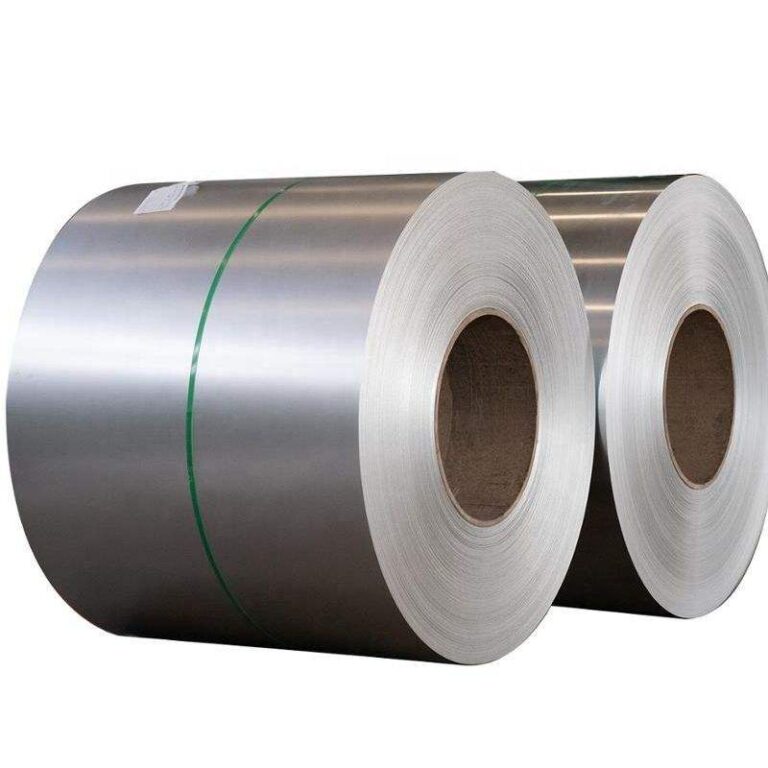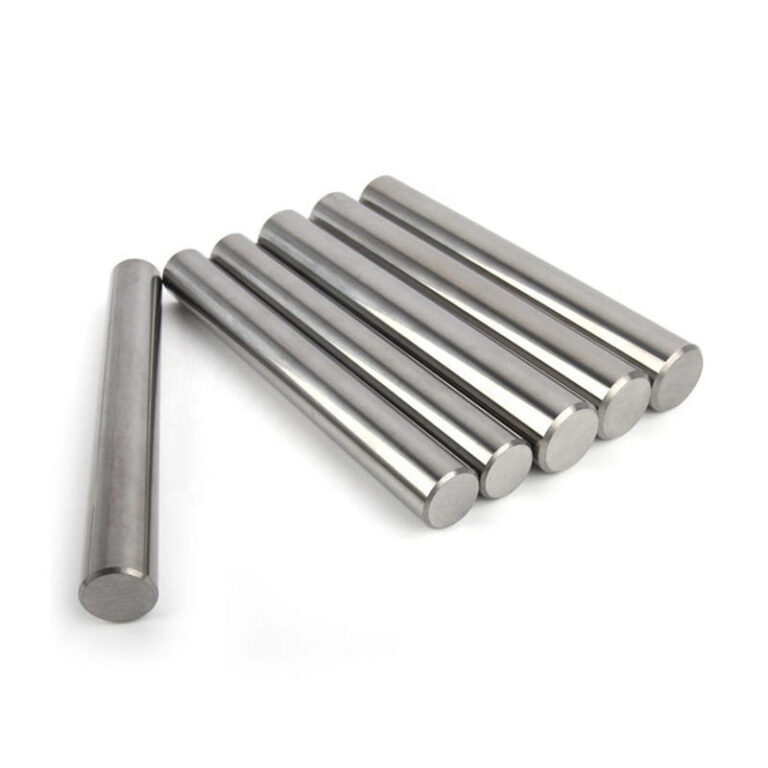304: As a widely used steel, it has good corrosion resistance, heat resistance, low temperature strength and mechanical properties, good hot workability such as stamping and bending, no heat treatment hardening phenomenon, non-magnetic, use temperature from minus 193 degrees to plus 800 degrees.
Uses: tableware, kitchenware, water heaters, boilers, automotive parts, medical equipment, food machinery, storage wine ware, pressure vessels (chemical machinery, chemical equipment).
304L: As a low carbon 304 steel, in its general state, the corrosion resistance is similar to 304, but after welding and stress relief it resists intergranular corrosion well and maintains good corrosion resistance without heat treatment, generally at 400 degrees.
Uses: petrochemical industry, building materials.
321 with Ti added to 304 steel to prevent intergranular corrosion, suitable for use at positive 430 to below 900 degrees, non-magnetic.
Uses: automotive exhaust, heat exchangers, containers and other products that are not heat treated after welding, due to the addition of the element Ti, it is not suitable for making food processing equipment.
316 low carbon, added MO element, so his corrosion resistance and resistance to atmospheric corrosion and high temperature strength performance is particularly good, can be used in harsh conditions, suitable for use below 900 degrees, non-magnetic.
Uses: equipment used in seawater, chemical, dye, paper, acetic acid, fertiliser and other production equipment, food industry and facilities in coastal areas, products with special requirements against intergranular corrosion.
309S/310S are two materials with high nickel and chromium content and increased Si content, making them resistant to high temperatures and corrosion. 309S can withstand repeated heating below 980, 310S can be used at temperatures up to 1200 degrees, continuous use at 1150 degrees, non-magnetic.
Use: Suitable for high temperature electric furnace equipment, drying equipment and other key parts, furnace materials, aviation, petrochemical, electric power, etc.
200 series similar to 304 cheap price economy.
Uses: food processing utensils, kitchen equipment, food processing equipment, filters, milk cans, durable consumer goods, washing machine parts, water heaters, steel furniture, building decoration, decoration. In terms of fatigue resistance, 201 is harder and less tough than 304, or 304 has better fatigue resistance.




